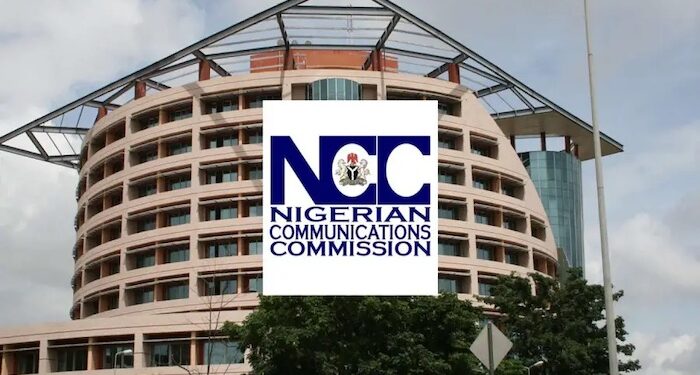The House of Representatives has initiated an investigation into how the Nigerian Communications Commission (NCC) utilised the Universal Service Provision Fund, an allocation of 2.5% of the annual turnover of mobile telecommunication network operators as the annual licence renewal fee.
Thursday during plenary, the House voted to establish a special committee to “investigate the failure/inability of the NCC to promote widespread availability and use of mobile telecommunication network services throughout Nigeria, including the unserved areas.”
The commission is required to provide a report within four weeks for additional legislative action.
In an amendment to the motion, Representative Mark Gbillah urged the House to investigate the NCC’s use of USPF funds since the fund’s inception.
The legislators unanimously approved the amendments to the motion
Speaker of the House Femi Gbajabiamila appointed a committee to conduct the investigation. The committee consists of Messrs Bamidele Salam (Chairman), Jide Jimoh, Unyime Idem, Aisha Dukku, Sani Bala, Babajide Obanikoro, Abubakar Fulata, and Chinedu Ogah, as well as motion sponsor Sergius Ogun.
The title of the motion was “Need to Investigate the Non-Provision of Mobile Telecommunication Network Services to the Underserved and Unserved Areas of Nigeria by the Nigerian Communications Commission Despite the Availability of Universal Service Provision Fund.”
Ogun, in proposing the motion, stated that Section 3 of the Nigerian Communications Act, Cap. N97, Laws of the Federation of Nigeria, 2004, established the Nigerian Communications Commission as the regulatory authority for the communications industry in Nigeria.
In accordance with Section 4 of the Act, Cap N97, Laws of the Federation of Nigeria, 2004, the NCC is charged with facilitating investments and market entry for the provision and supply of communication services, equipment, and facilities in Nigeria.
The lawmaker added that Section 112(1) of the Act grants the NCC the authority to consider, design, and determine a system that encourages the installation of network facilities and the provision of network services to institutions in unserved and underserved areas of the country. This system is known as the Universal Service Provision.
He emphasised that a community reading of Sections 114 and 118 of the Act revealed that the structure, governance, administration, and control of the Universal Service Provision Fund shall be as determined or headquartered by the NCC.
Ogun stated, “The House is aware that in the aftermath of the rapid expansion of the Global System for Mobile Communication in Nigeria, the majority of mobile telecommunication network operators were hesitant to move into rural areas due to business concerns.
“The House is also aware that the Act authorises the NCC to collect 2.5% of the annual revenue generated by mobile telecommunication network operators as an annual licence renewal fee.
“The NCC shall use the funds generated from the contributions of mobile telecommunication network operators to implement the Universal Access Strategy and Programme in accordance with the Federal Government’s policy (as stipulated in Section 4 of the Act)”
The lawmaker also noted that the NCC decided on its own to contribute 40 percent of the fund generated from the 2.5 percent annual turnover of mobile telecommunication network operators, or 1 percent of the annual turnover of the operators, to the USPF, a practise he said was widespread in Africa.
He stressed that the USPF was to be used to build infrastructure in the underserved and un-served areas of Nigeria, “which can subsequently be made available to the mobile telecommunication network operators, who will in turn utilise such infrastructure in serving the areas that are hitherto underserved and un-served.”
Ogun added, “The first major infrastructure project attempted by the NCC in this regard was the Emergency Response System, which led to the construction of emergency communications centres all over the country, with little or no results, despite the fact that the contract was awarded in millions of dollars with annual fiscal appropriations for the said project.
The inability of the Nigerian Communications Commission (NCC) to use the Universal Service Provision Fund (USPF) to promote the widespread availability and use of network services and applications throughout Nigeria, as stipulated in Section 112 of the Nigerian Communications Act, Cap N97, Laws of the Federation of Nigeria (2004), is a great disservice to the nation, according to the House.


